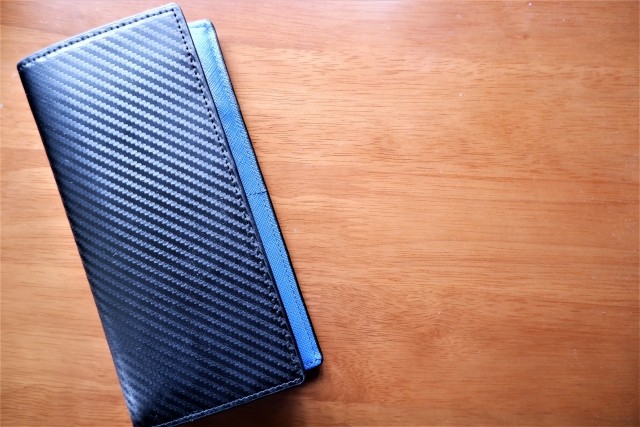今日の「ラジオ英会話」の勉強内容です。
tweet で発信してきたものを、
ブログで、まとめたものです。
(基本的に、テキストに書かれているものは省略しています)
4月のテーマは基本動詞①
👉今年度は…
会話で頻用される表現のイメージをつかみ、
「日本語を経由せず、英語を使う」力を養います。
・基本動詞
・前置詞
・形容詞
などへとゆっくり進めていきます。
◎基本動詞とは
▶︎日常頻繁に使われる動詞のこと
– こうした動詞は極端に単純な意味を持つため、無数の状況と日本語訳に
対応します。
そのため基本動詞の学習は、
| シンプルなイメージ(中核となる意味・ニュアンス)をつかみ、それがどういった 状況に使われるのかをつぶさに理解し頭に入れることが必要 |
Lesson 18 leave のもうひとつの焦点
👉 leave のイメージは「ある場所から去る」
ここから生まれる2つの視点 ①「去る」という視点②「残されたもの」に注目する視点
Opening で
Roza
▶︎ Hey, everyone. Akino Roza here.
Chris
▶︎ Chris McVay here. Oh, no! Think I must have left my wallet
in the train. You guys, gonna have to pay for dinner tonight.
Dialogue で
① I left my wallet in the train.
👉「電車の中に置き忘れる」- in the train の他に on the train と言う
可能性だってもちろんあるわけです。でもちょとだけイメージが違うんです。
▶︎ in the train「電車の中」ということが色濃く感じられると in になります。
ただ、「乗っているだけ」そうしたイメージだったら on になる、まあそうした
違いでしょうね。
② Are you sure it’s in the train?
👉この文は sure の内容を、後ろに置いた節で説明するリポート文の形ですね。
「あなたは確かなんですか?」と言って、何が確かかは、その後ろに置いた節で
説明する – 説明ルール「説明は後ろに置く」の典型的な形です。
③ I used my train card to enter the gate.
👉説明ルール「説明は後ろに置く」の例がまた出てきましたね。
I used my train card to enter the gate. となってましたね。
used my train card「使いました」というわけです。そしてその説明、
その目的の説明が、to enter the gate というわけです。
④ OK, would you please fill out this lost-and-found form?
👉 Would you please 〜?という丁寧な依頼の形が出てきましたね。
しっかりまとめて、もう考えてなくても(口から)出るようにしてくださいね。
⑤ Certainly.
👉この certainly、基本的には「はい」ということなんですけれども、
どんなニュアンスがあるんですかね。
So in what kind of situation would you like to use “certainly” instead of
“yes” or “sure”?
Roza
▶︎ Oh, I think you would use it if you’re trying to be very polite.
Chris
▶︎ Yeah, that’s true. That’s probably why Roza very rarely uses it.
Roza
▶︎ I have no need to be polite to you, Chris.
【大西先生から】
◎私の印象としては、相手に自分が丁寧な言葉を使っているということを
印象づけたい時に使うんですね。

Practice
Chris
▶︎ OK, guys. Ready to practice more, with this verb “leave”?
We focused on the motion of moving away from, separating;
this bye-bye feeling.
But today it’s almost the opposite.
Let’s focus on what you’re separating from, what is left behind, OK?
That’s the feeling for today. Here we go!
・leave what you can’t eat
Let’s try again together.
・leave what you can’t eat
Roza
▶︎ Up next.
・There’s little time left.
・There’s no time left.
Chris
▶︎ And another one! Very popular one.
・leave a message
So you’re gone, but the message is there left behind,
That’s the focus, OK? So with that in mind, once more.
・leave a message
Roza
▶︎ And the last one.
・leave it to me ×2
Fantastic work!
Chris
▶︎ Good job.
Ending
Onishi
▶︎ Leave everything to me.
Chris
▶︎ Hey. Look at all these leftovers from the party. Ha 〜.
Onishi
▶︎ Leave everything to me.
Words and Phrases
① lost-and-found form
👉遺失物届
② rarely
👉めったに〜しない
③ leftovers
👉料理の残り物[余り] – 通例、複数形
これで、
Lesson 18 は終了!



コメント